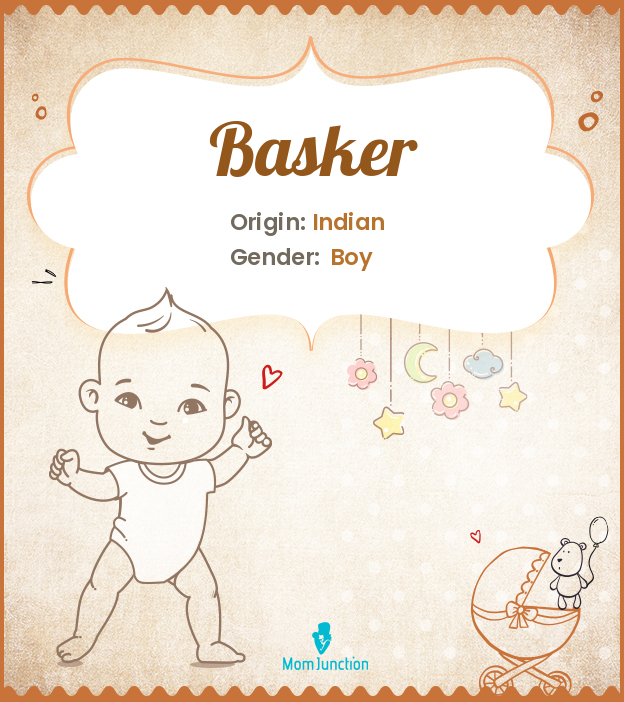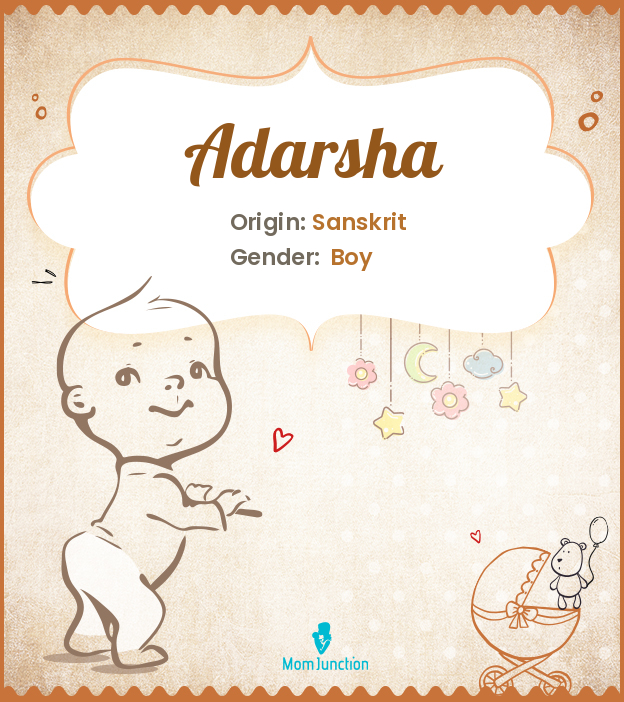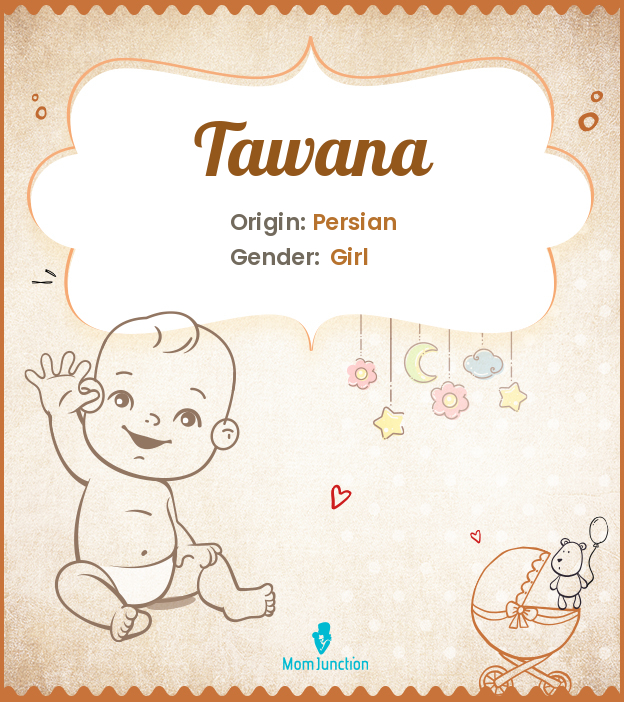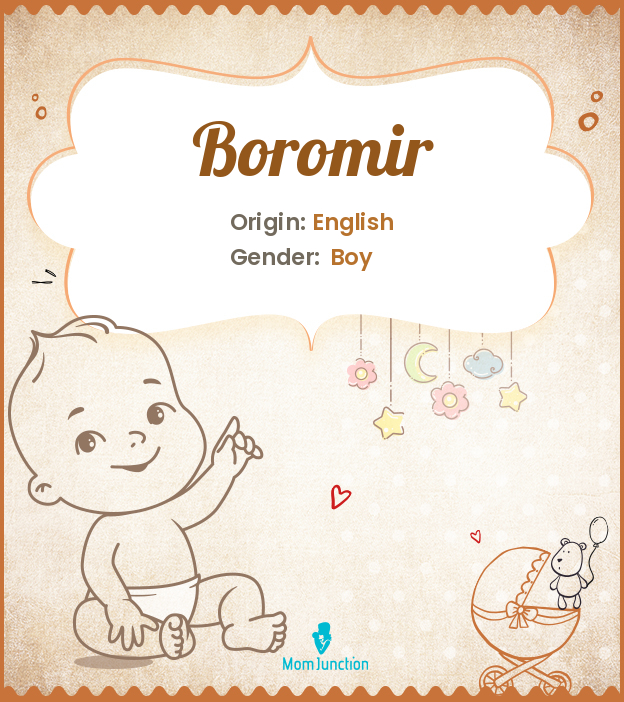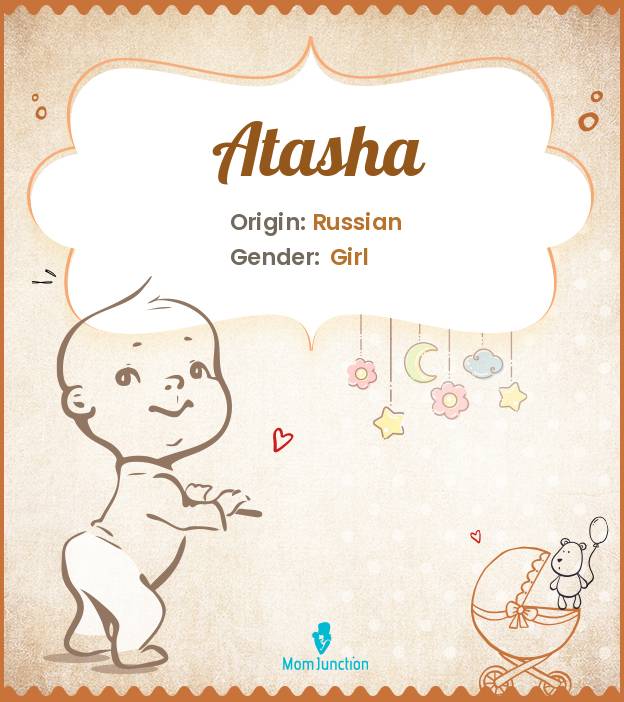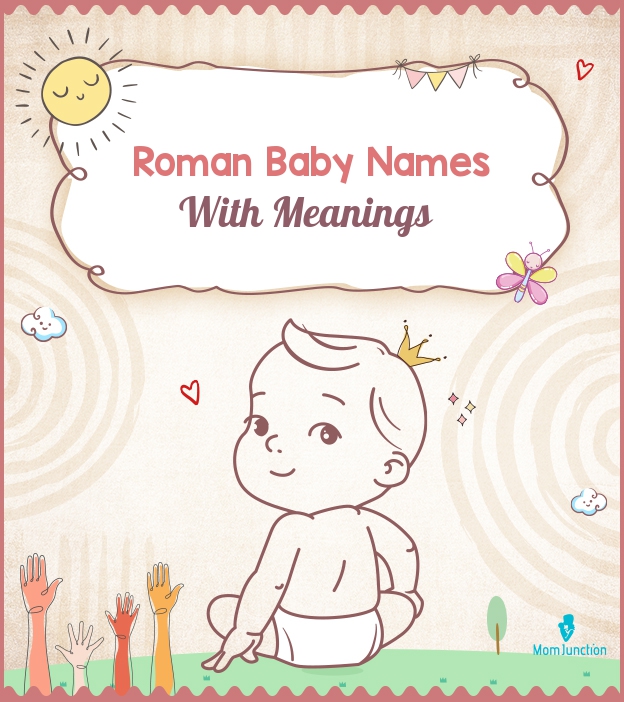
Illustration: MomJunction Design Team
Roman baby names are topping the popular baby name list in recent times. But Roman names were not always the same. Over the span of 14 centuries, Rome has adopted a nomenclature that’s quite different from what’s used by other European cultures and countries. In earlier times, Romans used a first name called praenomen followed by the clan name, also known as a nomen (1). The nomen indicated the family's ancestry and status. The praenomen was influenced by cultural or religious aspects and were derived from the names of mythological deities and historical events. This was picked by the parents and was bestowed on the day of lustration, a ritual performed on the eighth day of the birth of a baby girl and the ninth day of the birth of a baby boy. The name choice was governed by the family’s custom and tradition. The eldest son was named after the father, while the younger ones were named after the father’s brothers and other male ancestors. This way, the same name or praenomen was passed down from generation to generation. The surname or last name or a cognomen, meaning the family name, became compulsory for documentation use by 100BC. In many cases, people also had filiations or patronyms based on their lineage or tribe and nicknames, also known as agnomen. The cognomen often indicated the family's origin or occupation and the agnomen helped in distinguishing the different branches of the same family. As the Roman empire expanded, they began considering the names of Catholic saints. Roman Catholicism also introduced a few aspects from the seven Sacraments to the conventional naming system (2). These influences have considerably changed the convention in modern times. Thus, contemporary Roman parents can pick any first name they like for their bundle of joy and retain the last name that is usually carried down the generation. So, go ahead and take your pick from the list of unique Roman baby names with meanings below.
Roman baby names reflect the historical, cultural, and traditional aspects of the ancient Roman world. These names share the significance of lineage, honor, religion, and social standing. With their unique combination of meanings and influences, they offer us a glimpse into the complexities of an ancient civilization's identity.
Frequently Asked Questions
1. Are there any gender-neutral Roman baby names?
Yes, several Roman baby names are gender-neutral, like Agrippa (wild horse), Aquila (eagle), Glaucia (bluish gray), Iovita (sky father), and Florens (blooming).
2. What are some unique and less common Roman baby names?
Some Roman baby names like Nonus, meaning 'ninth'; Tullus of unknown meaning; Cassian, meaning 'empty' or 'vain'; and Domitia, meaning 'tamed,' are unique and rare.
3. Did Roman parents have specific criteria for choosing baby names in ancient Rome?
In ancient times, Roman parents preferred ancestral and familial names when choosing baby names. It was considered a matter of dignity if the names of senior family members were chosen. Moreover, habitational names and occupational names were common in Ancient Rome (1).
4. How have Roman baby names evolved?
In the early Roman era, men had a praenomen (first name) and a nomen (clan name). By 100 BC, they also added a cognomen (family name) to official documents. Women may have had praenomina in the early era, but later, they were known as the feminine version of their father's nomen. With the transition to the Roman Empire, the names started being influenced by the ruling class (2). Moreover, after Christianity was introduced in Rome in the 4th century, Christian saint names and biblical names were added to the mix (3). Major events like the Renaissance during the 15th and 16th centuries also had an impact on baby names (4). In recent years, globalization and international exchange have encouraged the introduction of new names in the Roman lexicon.
5. Were there any superstitions or beliefs associated with Roman baby names?
Yes. Names like Fortunatus (fortunate, blessed, happy), Felix (lucky, successful), Albus (white, bright), Faustina (auspicious, lucky), and Beata (blessed) were chosen because it was believed that such names brought good luck on the bearer.
6. Are there any famous Roman baby names that have fallen out of use today?
Roman names like Gaius (to rejoice), Decimus (tenth), Junia (young), and Drusilla (strong) are rarely used in today's times. However, naming trends keep changing, and these names may again attain popularity.
References
- Roman Names.
https://www.uvm.edu/~bsaylor/rome/nomenclature.html - Christianity: Roman Catholic.
https://culturalatlas.sbs.com.au/religions/christianity-roman-catholic/resources/christianity-roman-catholic-rituals-and-practices - The Roman Empire in the First Century;
https://www.pbs.org/empires/romans/empire/christians.html - The Renaissance;
https://www.csun.edu/sites/default/files/Media03--Renaissance.pdf









